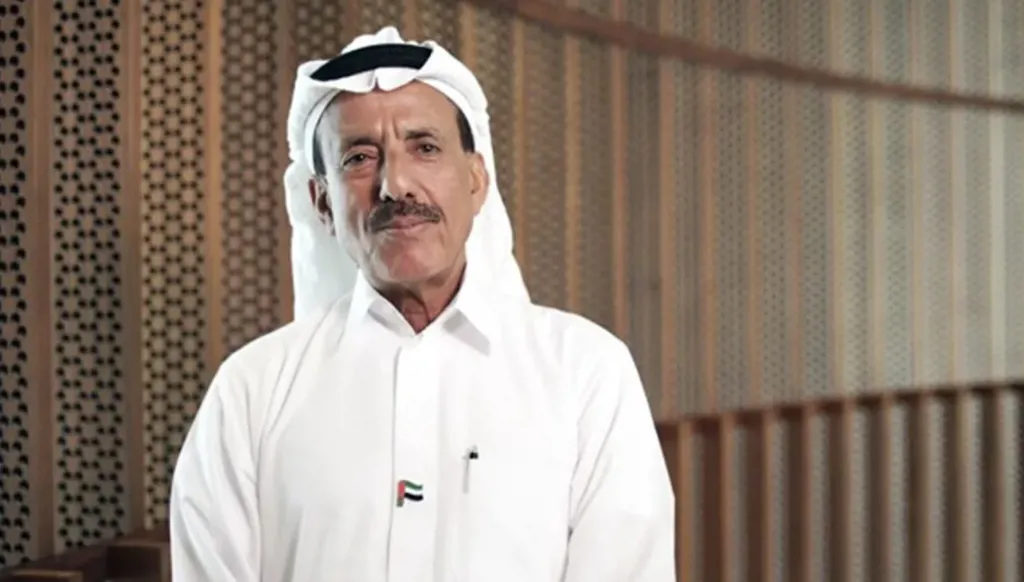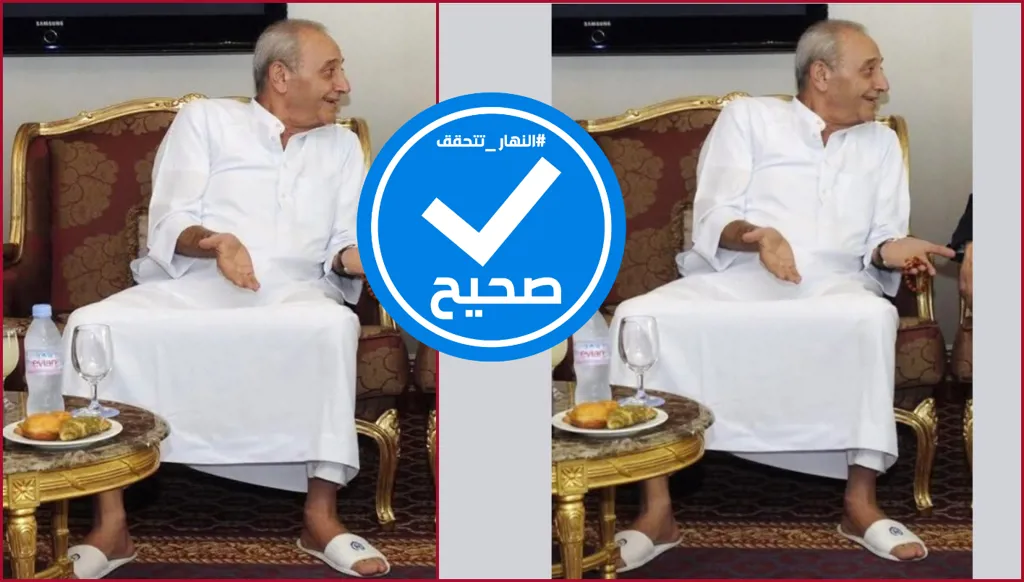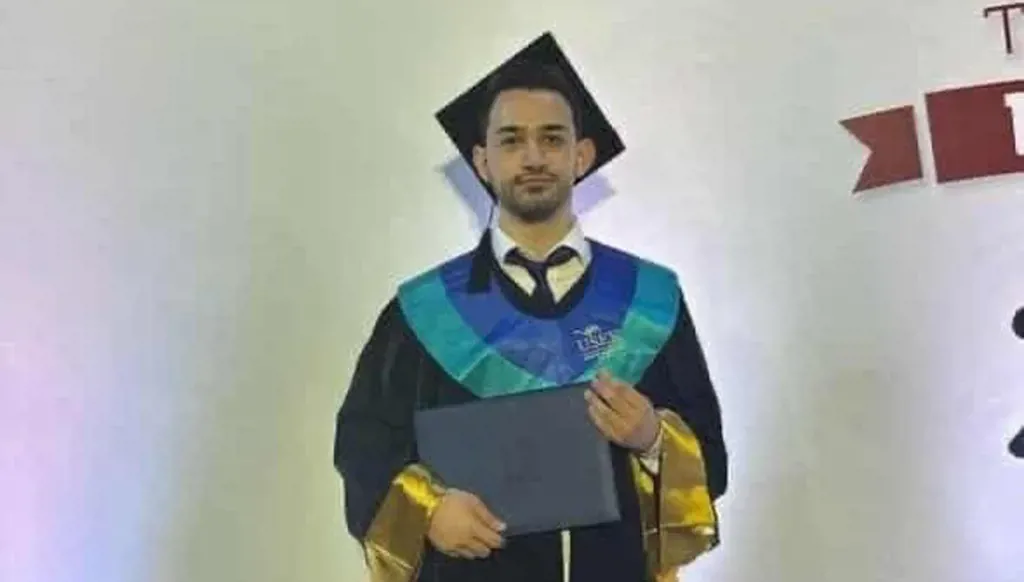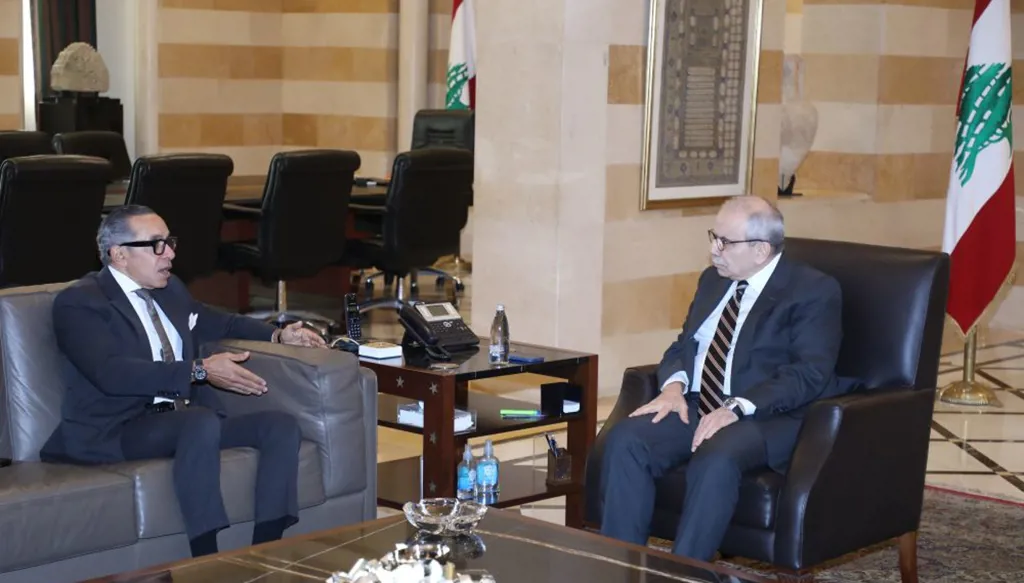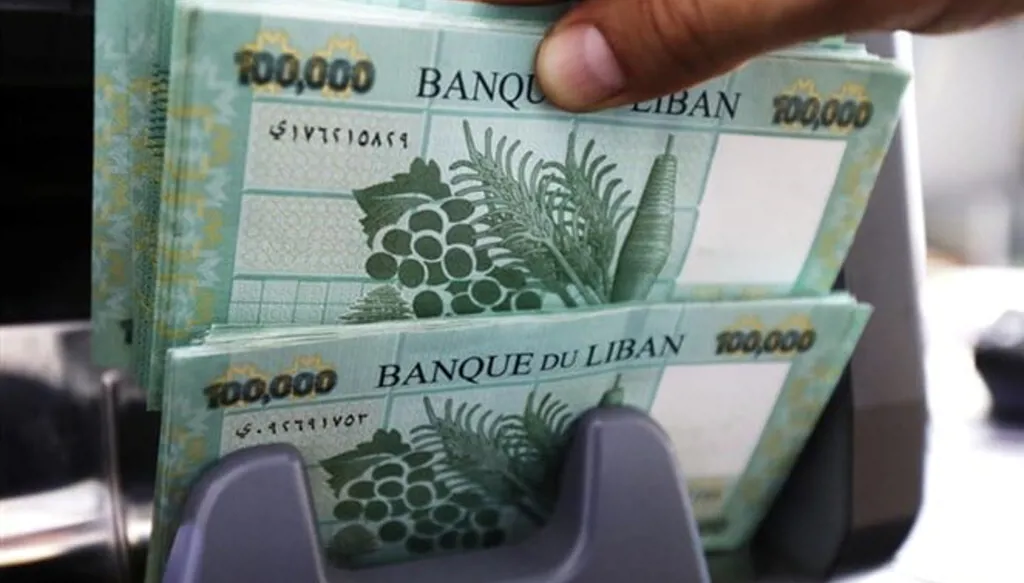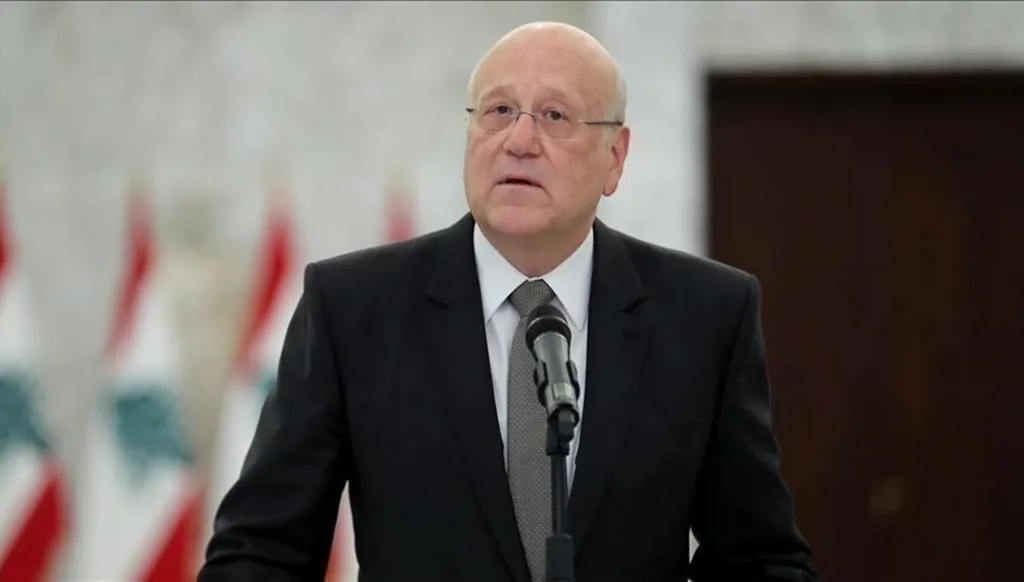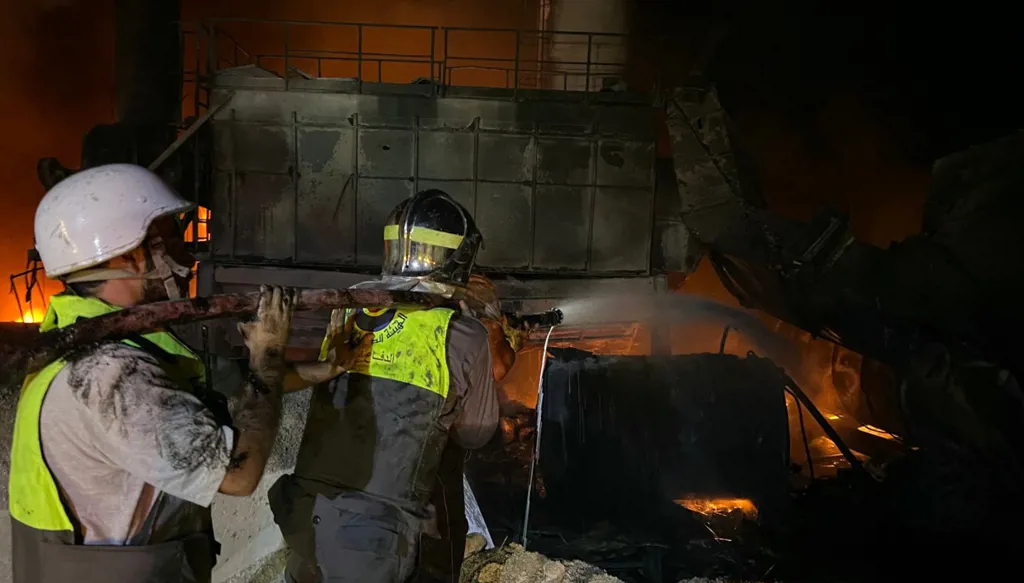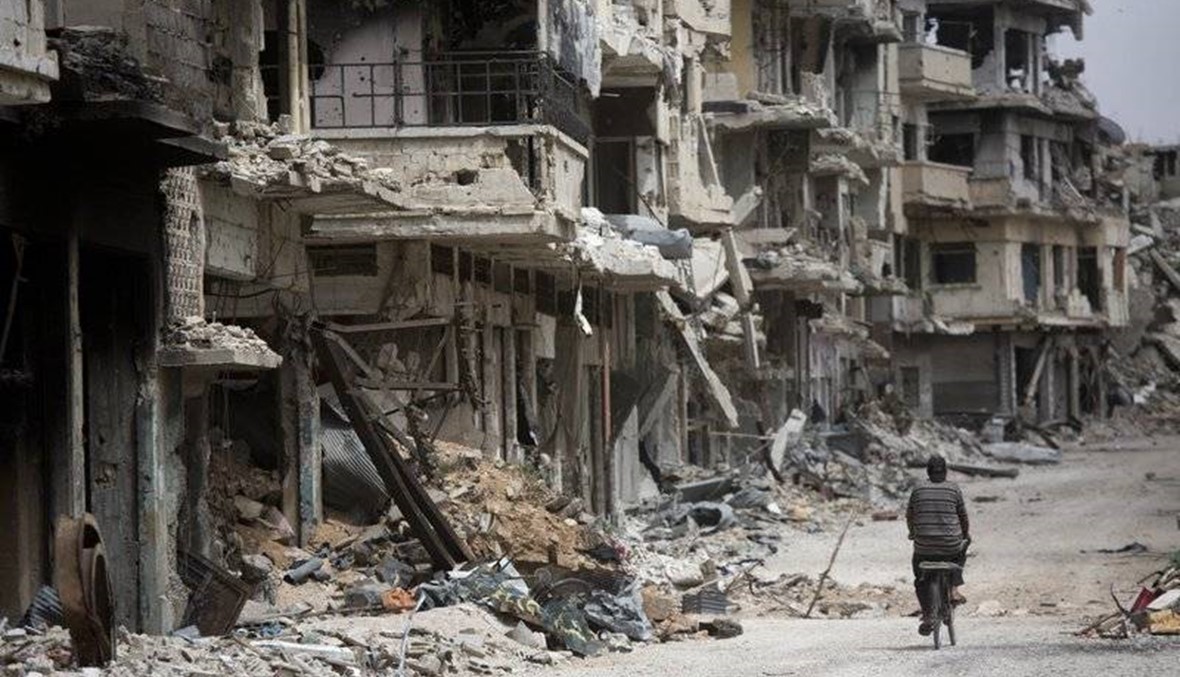
BEIRUT: Lack of funding is too often the reason why humanitarian and philanthropic programs do not get designed and scaled with the highest chances for meaningful impact.
Emergency aid and donor government budgets are geared up for urgent deployment, but rarely structured to seed lasting sustainable impact.
Look at the global refugee crisis. Look at the crises of displaced populations due to war, due to famine. Have deployed donor government budgets achieved their goals? Have these budgets helped transform the crises at hand from emergencies to stabilized and controlled environments? Have the ensuing circumstances been positioned and communicated for fresh investor funding to step in and take over short-term emergency response and aid? Have we as a global community become more capable of handling the next crisis?
Whenever a crisis emerges, we find ourselves having to fundraise for capital that is not already ready to serve efficiently and effectively. While our militaries function on the basis of high readiness, our humanitarian readiness is low. And to top it all, we are impoverished by incongruent and non-grounded data, stripping us of any real capacity to make thoughtful and strategic decisions. We have no ammunition to answer the key questions of what, why, with who, how much, and until when.
To continue to paint a clear picture of our track record: We are brilliant at creating significant dependencies on humanitarian aid lifelines. Communities that needed the aid at the start are still in need when the aid is no longer available to them. Incredibly, communities find themselves pitching to justify their need for budget instead of getting to serve as educators and guides to render humanitarian assistance smarter and more versatile.
Donor dollars are increasingly, and painfully, reserved for those who speak the international NGO language; the grounded pulse of local voice has, at best, a corner seat at the table. The humanitarian aid ecosystem is becoming a competition that constantly asks the question: which cause matters more? PR communications pageants determine which funding goes to which human cause. Numbers – the bigger the better – that scream urgent make it much further.
Instead of partnering with capital, communities often find they have to plead for funding to address for themselves where international NGOs and charities are absent, or even cause damage instead of good. Lack of able and agile capital is our weakest link. How many times will we continue to work on the basis of filling gaps rather than enabling prosperity?
We operate in a painful reality where the egg does come before the chicken. And in most cases, if the egg is not made of gold, the chicken will never fly.
The Middle East is home to crisis after crisis. How can our crises teach us how to think differently? Speak differently? And invest differently? We might be a breeding ground for war and chronic cases of humanity at the mercy of lack of political will and instability. But are we not also a regional library for the greatest lessons ever learned? There is room for innovation.
I’m talking about effectively invested and vested funding, backed by strong public investment vehicles, new regional humanitarian organizations (in lieu of the obsession with international is best); and empowered local civil societies.
Let’s give this new investment and nation-building model a name: Community Capital Funds.
Community, because it is about humanity first, and needs to be in service of community and not a hand-out or conditional funding. Capital, because it needs to be treated with an investment mindset, instituted on the basis of governance, away from showbusiness budget pledges and deployment incompetence. Fund because it needs to be intelligent, legally robust with clear mechanisms for reporting and investing, sustainable, accessible to capital markets, and endowed by donor governments, institutional investors, and social investors.
I invite my fellow social investors, philanthropists, and civil society activists to pitch in and share your thoughts. My column throughout the rest of Ramadan is your stage to showcase your wisdom and hearts.



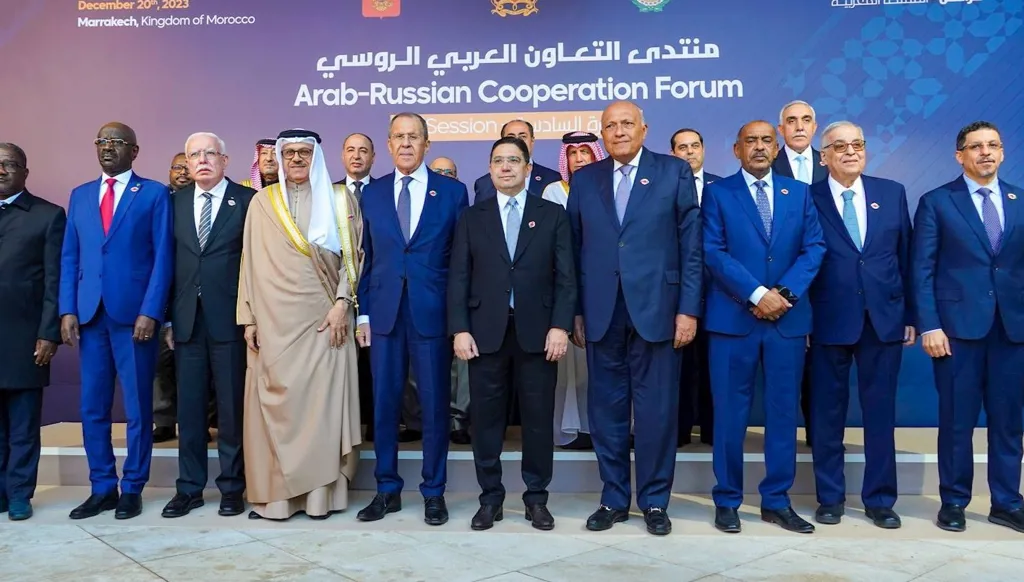
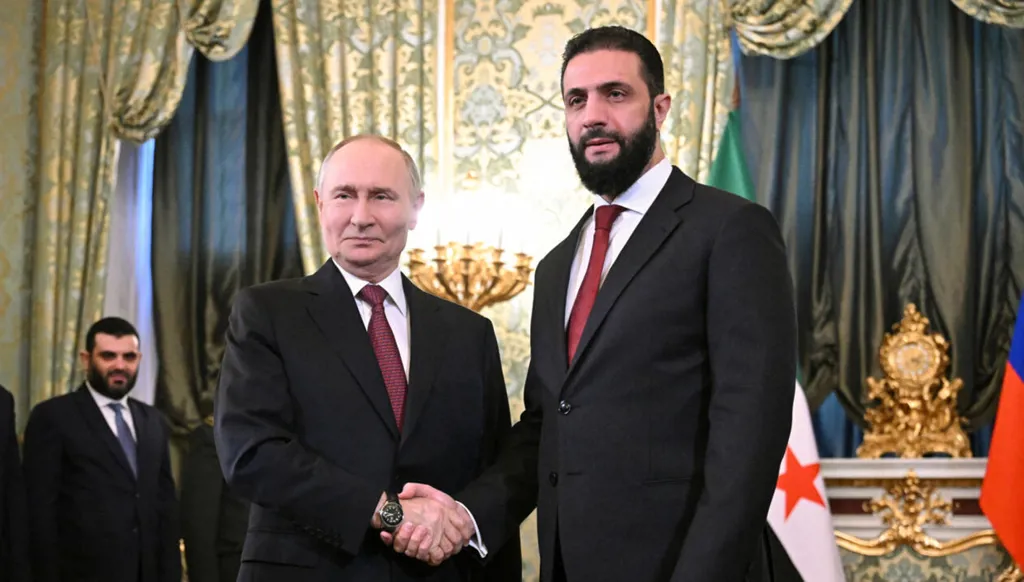
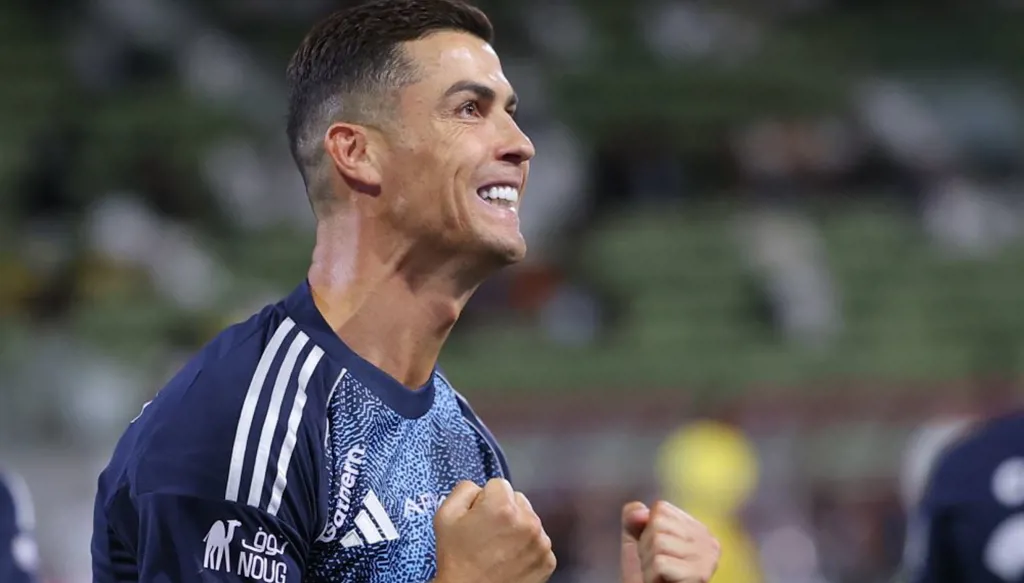




 تويتر
تويتر
 فيسبوك
فيسبوك
 يوتيوب
يوتيوب
 انستغرام
انستغرام
 نبض
نبض
 ثريدز
ثريدز



 مسنجر
مسنجر
 واتساب
واتساب
 بريد إلكتروني
بريد إلكتروني
 الطباعة
الطباعة


